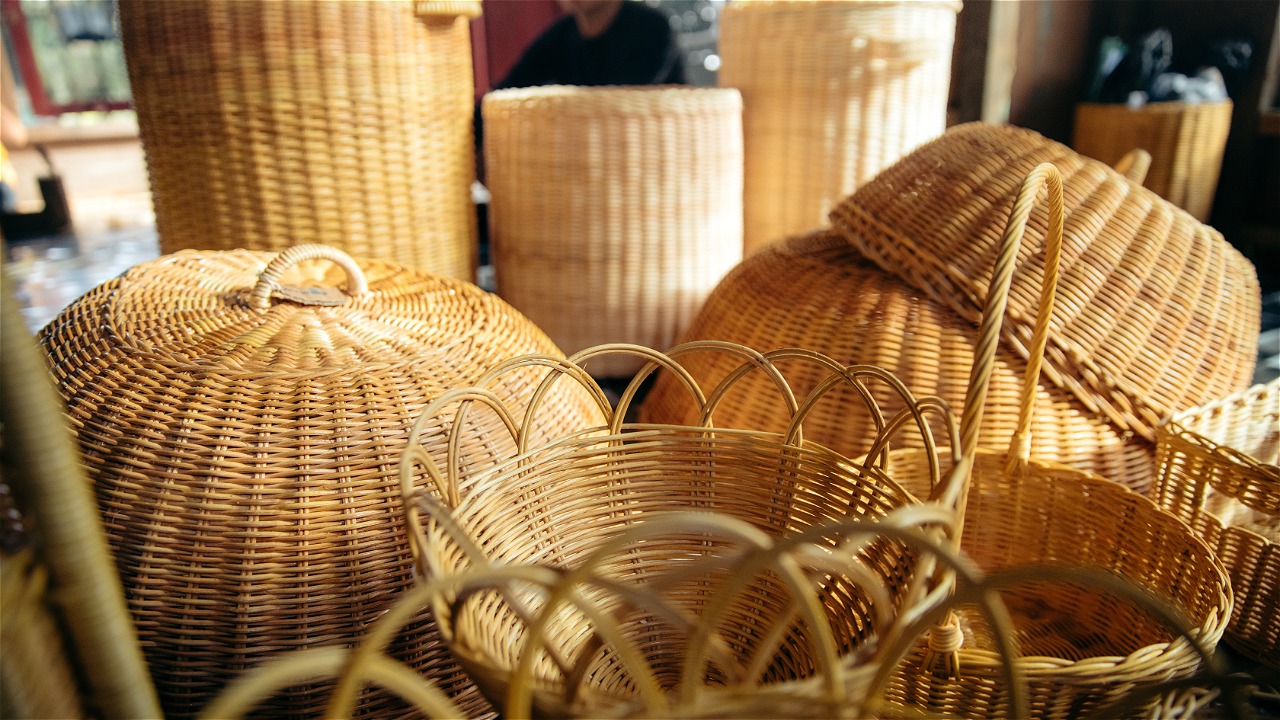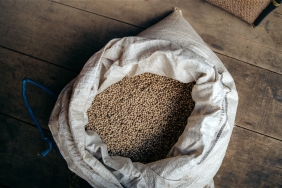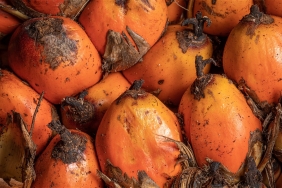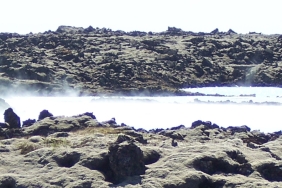INDONESIAN CONSUMPTION AND PRODUCTION TRENDS: PRODUCERS ARE ABLE TO PROVIDE ECOLABELED PRODUCTS AND THE MARKET IS READY TO BUY
Jakarta, September 18, 2017 - WWF-Indonesia and Nielsen survey results in 2017 show that 63% of Indonesian consumers are willing to consume environmentally friendly products at higher prices. This shows a significant increase in consumer awareness towards the consumption of environmentally friendly products and indicates the readiness of the domestic market to absorb sustainably produced products. The consumer perception survey was conducted by WWF and Nielsen to 916 respondents in Jakarta, Medan, Surabaya, Denpasar, and Makassar who represent middle and upper middle class consumers aged 15-45 years. The survey was conducted from June to July 2017.
Furthermore, the survey results show that the most common reasons behind this consumer perception are the immediate effects of global warming, a sense of responsibility for the environmental impacts resulting from daily consumption activities (61%) and the feeling of happiness for having contributed to environmental conservation efforts (52%). Regarding the 'Buy Good' consumer campaign initiated by WWF-Indonesia in June 2015, 34% of respondents were aware of the campaign and 72% of them claimed to be able to understand the campaign's message easily.
"The results of the perception survey show an improved understanding and awareness of Indonesian consumers regarding the consumption of environmentally friendly products. However, this has not been accommodated by retailers as product providers in the market who have not prioritized the sale of green products in their stores. This may be due to retailers' low understanding of sustainable business practices as well as retailers' perception of the risks of selling green products," said Hety Riatono, Director Consumer Insights Nielsen survey.
Along with the release of the survey results, in the production sector, two WWF-Indonesia assisted partners from Kalimantan managed to obtain sustainable production certification or ecolabel for each commodity they produce, namely the Katingan Rattan Farmers Association (P2RK) which received FSC (Forest Stewardship Council) certification for rattan commodities and PT.Mustika Minanusa Aurora (PT.MMA) which obtained ASC (Aquaculture Stewardship Council) certification for tiger shrimp farming commodities.
Naturally, rattan plants are able to prevent deforestation due to their dependence on healthy forest ecosystems. The implementation of the FSC FM/CoC (Forest Management/Chain of Custody) certification standard by P2RK is believed to increase the value of natural rattan products so that it can further prevent the tendency of the Katingan community to convert their natural forest sources of rattan into other agricultural crops. With the FSC FM/CoC scheme, the issue of traceability of the origin of rattan raw materials in the P2RK member area is more guaranteed because it is verified by an independent party.
The acquisition of FSC certification by P2RK is the first for rattan commodities in Indonesia. P2RK's certified land area reaches an area of 690.58 hectares with 209 farmers from 6 sub-districts and 21 villages in Katingan Regency. The estimated annual commercial production of rattan commodities included in the scope of the certificate is around 1,002.75 tons/year covering nine types of rattan. The acquisition of FSC certification is expected to increase the bargaining value of rattan farmers so as to prevent land conversion leading to deforestation.
"Rattan is the foundation of our hope to restore forest sustainability in Katingan while improving the local economy. P2RK expects the acquisition of FSC certification to be able to increase the economic value of rattan while inviting more demand from markets at home and abroad", explained Oscar Sukah, Chairman of P2RK.
In the fisheries sector, PT.MMA is the first company in Indonesia to successfully obtain ASC certification for cultured tiger shrimp commodities. PT.MMA implements a traditional culture system without aeration and without the use of feed. With this system, PT.MMA prioritizes the conservation of mangrove forest ecosystems as the main supporting factor for commodity production. Each year PT.MMA is able to produce as much as 20 tons of tiger shrimp products per year and to date the company has contributed to preserving mangrove forest areas in the Tarakan and Bulungan regions, North Kalimantan to an area of 30 hectares.
Achieving ASC certification demonstrates the ability of PT MMA and its farmer partners to carry out conservation practices, namely protecting mangrove habitats and reducing threats to biodiversity while maintaining product quality by maintaining water quality and minimizing the spread of disease in shrimp farming. This breakthrough also proves that traditional farming practices are able to penetrate and compete with the intensive farming industry in meeting sustainable certification standards recognized by the global market.
"The farming practices carried out by PT.MMA have implemented all the principles of responsible mariculture and have been proven through the acquisition of ASC certification. Therefore, WWF encourages market support to expand the implementation of similar farming practices by other businesses", said Abdullah Habibi, FIP & AIP Manager WWF-Indonesia.
The growing awareness of Indonesian consumers to consume environmentally friendly products and the increasing number of producers who are able to produce ecolabel certified products mark the progress and readiness of the Indonesian industry and market to implement production and consumption practices that pay attention to economic, social and environmental aspects. In the production sector, Indonesian industrial and community-scale businesses have proven their ability to meet the best industrial and management requirements in the world. Through public campaigns and advocacy efforts to the government and the private sector, WWF-Indonesia will expand the implementation of sustainable consumption and production in other commodities in order to realize the conservation mission, namely the balance of nature with human life.
For more information, please contact:
Margareth Meutia | Footprint Campaign Coordinator, WWF-Indonesia | WWF-Indonesia mmeutia@wwf.id | +6281 5881 2844
Joko Sarjito | Forest Commodity and Market Transformation, WWF-Indonesia |
jsarjito@wwf.id | +6281 3478 30331
Abdullah Habibi | FIP & AIP Manager, WWF-Indonesia |
ahabibi@wwf.id | +6281 1811 4193





